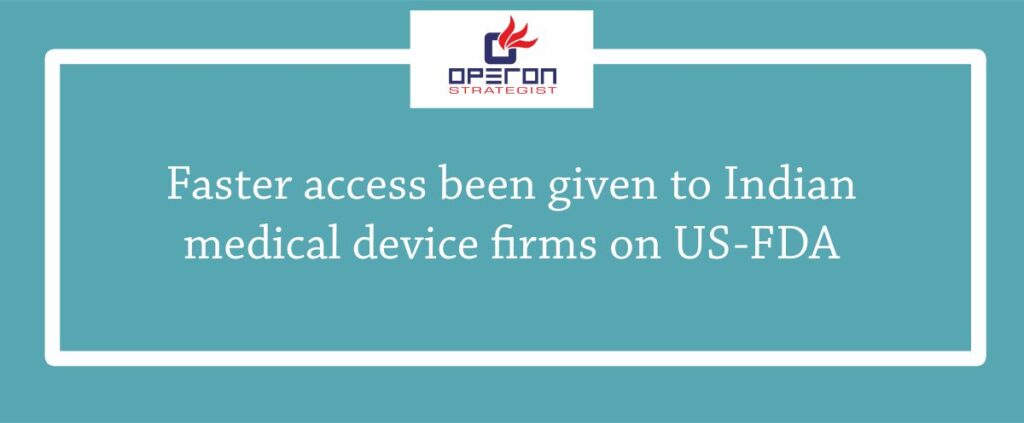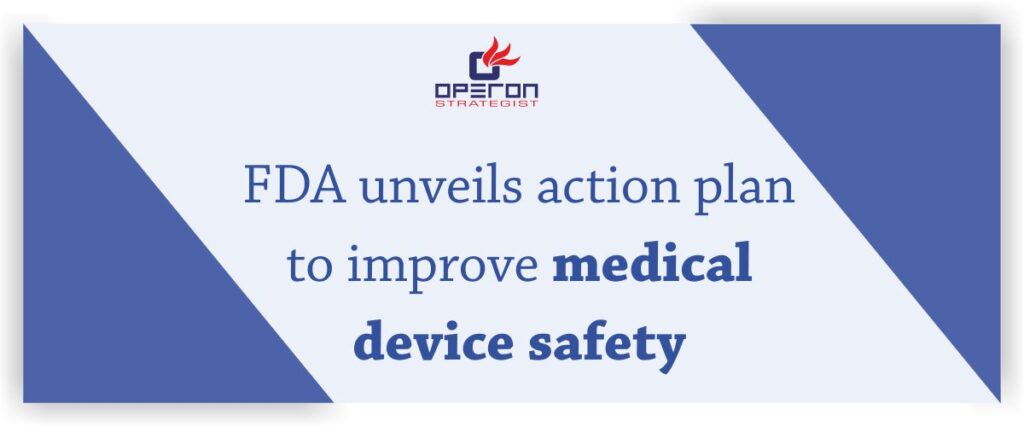The Indian medical device sector has been observed an increased interest from the MNCs which have stepped up their footprints in India, along with detecting their key research centres in the Indian cities.
The Apex industry body ASSOCHAM has recommended that the Indian firms engaged in the manufacture of medical devices, be enabled faster access to the US drug and pharmaceutical regulator FDA or FDA identical certifications in a cost-effective manner through a fast track FDA desk in India with the government, by making possible with such a dispensation, according to an ASSOCHAM-MRSS India.
The inflow of foreign direct investment (FDI) in medical devices was $90 million between December 2014 and August 2015, post the government authorizing 100 per cent FDI under the automatic route, jointly conducted by The Associated Chambers of Commerce and Industry of India (ASSOCHAM) and MRSSindia.com.
The Indian market is among the top 20 in the world by market size, and fourth in Asia after Japan, China and South Korea, the study noted. The global medical devices and technology market is expected to grow to $520 billion by 2020.
Financial amount requires to be undertaken to impulse manufacturing in this emerging sector and specifically in creating an ecosystem in the advanced stages of the manufacturing.
The range for expansion is huge as India\’s per capita expend on medical devices is the lowest among the BRIC (Brazil, Russia, India and China) countries, India spends a limited share of $3 less than China ($7), Brazil ($21) and Russia ($42) which is remarkably behind developed economies like the US ($340), noted the study, indicating a huge potential in the undeveloped areas.
Indian medical device industry is worth over Rs 60,000 crore even as the country\’s import bill for this segment amounts to over Rs 23,000 crore while exports amount to about Rs 7,000 crore, it said.
The ASSOCHAM suggested that equality of duty on raw materials with finished goods should be sustained to enable the industry to move from the inverted duty structure.
Focus can be given on product section ranging from low to medium technology and with a priority of manufacturing in India in the short term. These comprise of disposables, consumables, certain imaging equipment, implants, stents, some categories of laboratory diagnostics equipment, ingenious mHealth based solutions etc. Indigenous manufacture in these items can be provided incentives.
The Government participates in an unfavourable role in developing the ecosystem (suppliers, buyers, distribution etc.) of the medical devices industry.
Various other Government programs also need the utilization of medical diagnostics and devices. The Government is also a large purchaser of medical devices with its network of medical colleges, secondary care hospitals and primary health care through primary health centres and sub-centres.
The Government can play a role in enabling medical devices manufacturers with faster access to USFDA or FDA equivalent certifications in a cost-effective manner. A possible option is to set-up a fast track FDA desk in India, with the Government of India subsidizing certification expenses.




